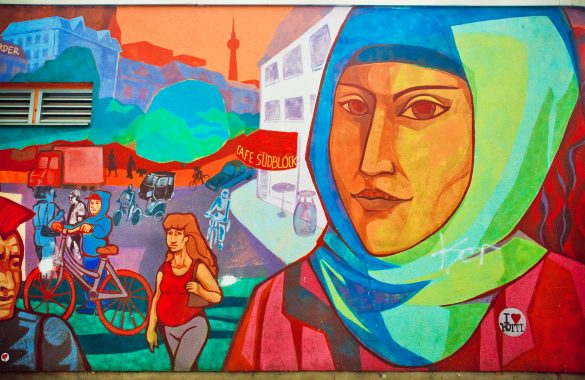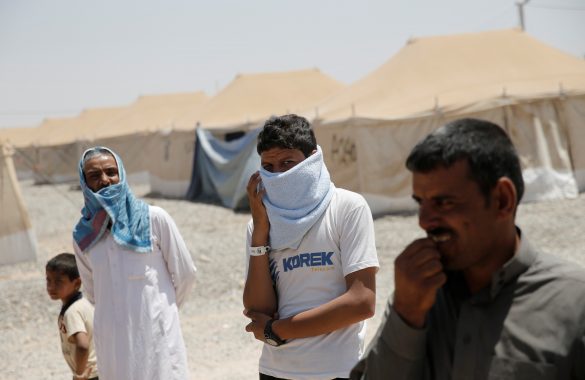Should unauthorized immigrants who were brought to the United States as children be granted permission to live and work in the country? In the heated debate over Deferred Action for Childhood Arrivals (DACA), it is often overlooked that these young adults are also raising children who are U.S. citizens. IPL examined the intergenerational health effects of DACA to find out how these children's lives change when their parents no longer fear being deported.
In a classic immigration debate, one side argues that citizenship should be a reward for integration, available only after many years of residency; the other says it makes immigrants more likely to integrate and should happen soon after they arrive. Three decades of data from Switzerland, IPL researchers found, strongly support the second camp. The earlier one receives citizenship, the greater the benefits for both the immigrant and society—especially for the most marginalized groups.
When California moved to make driver’s licenses available to unauthorized residents, critics raised an outcry: the law, they said, would flood the roads with inexperienced, uninsured drivers and lead to more accidents. Two years and more than 800,000 licenses later, those fears are largely unfounded, IPL researchers found. Our study also revealed a 10 percent decrease in the rate of hit-and-run accidents in the law’s first year, which adds up to savings of $3.5 million in out-of-pocket expenses for California drivers.
Despite rising nationalism and anti-Muslim sentiment, most Europeans would prefer a humane and cooperative asylum system over the restrictive policies of the far right. IPL research reveals an untapped well of support for refugees and a strong mandate for reform.
Asylum seekers often are left in limbo while their applications are processed, and the prolonged uncertainty and discouragement take a toll. According to IPL analysis of records from Switzerland, the years spent waiting make them less likely to find a job when they’re finally approved. Countries receiving refugees should take note: reducing wait times could boost their employment rates and benefit the local economy.
A wave of terrorist attacks has intensified European fears of homegrown Islamic extremism, and many now question whether Muslim immigrants can integrate into historically Christian countries. In a groundbreaking ethnographic study of France’s Muslim migrant population, the researchers conclude that both Muslim and non-Muslim French share responsibility for the slow progress of Muslim integration.
As Americans become increasingly anxious about the future of the U.S. health care system, efforts to open services to immigrants have faced fresh opposition. To steer the debate from ideology to evidence, the Lab studied Oregon’s expansion of prenatal care to unauthorized immigrant women. With greater knowledge of the effects on public health, state finances, and individual lives, policymakers around the country can find a way past the political stalemate and design successful reforms.









